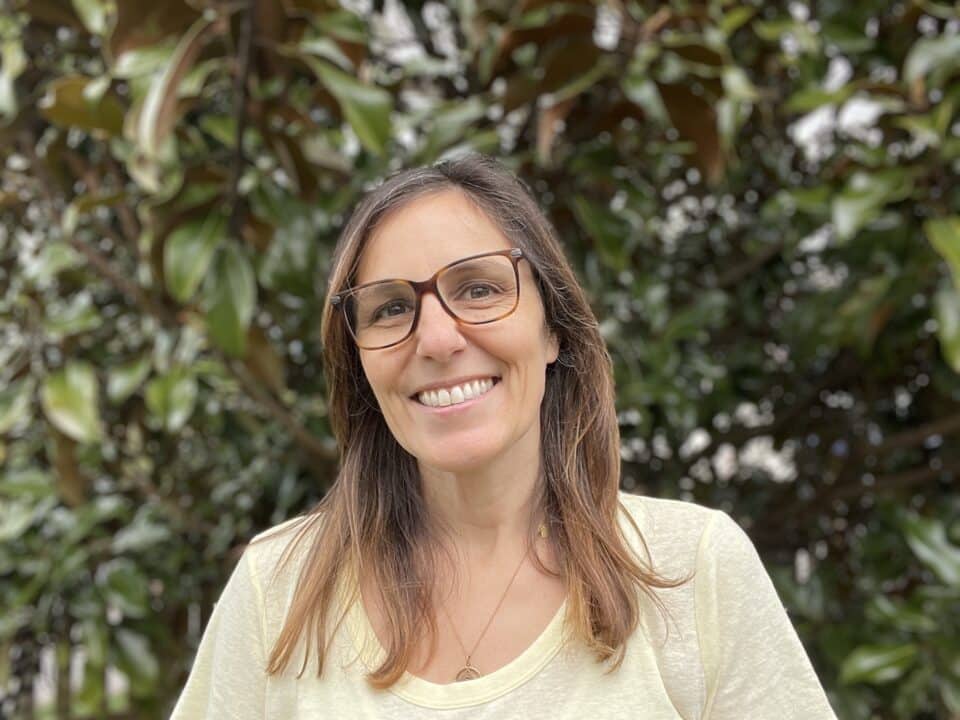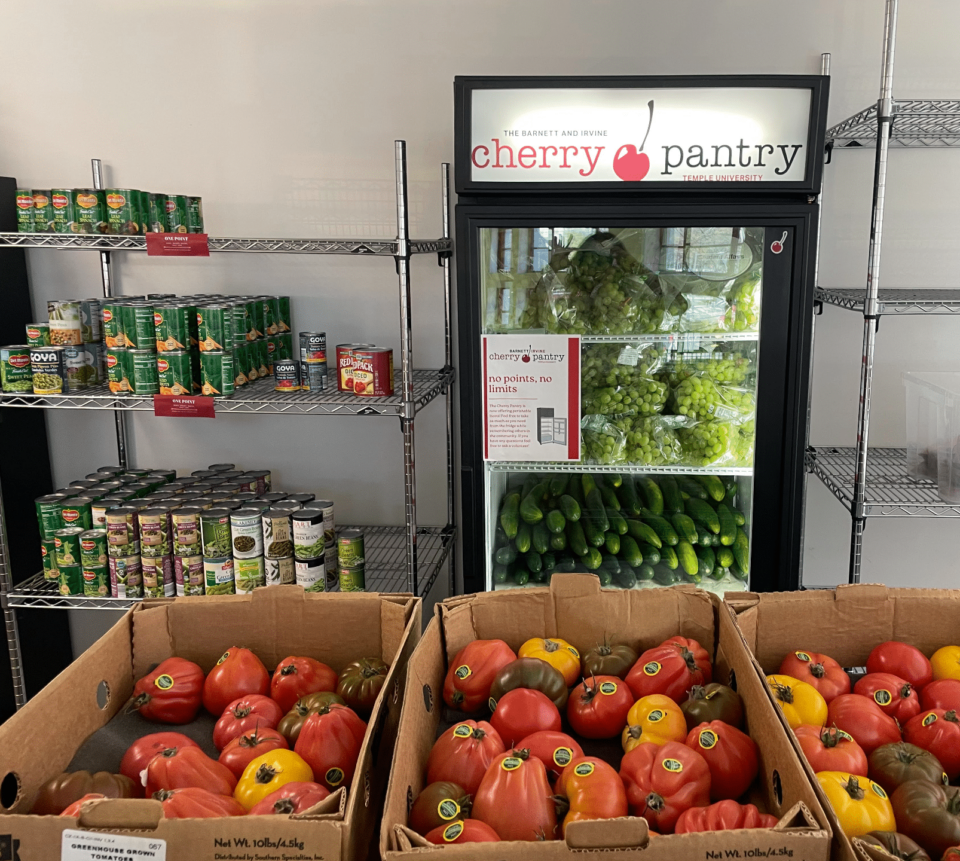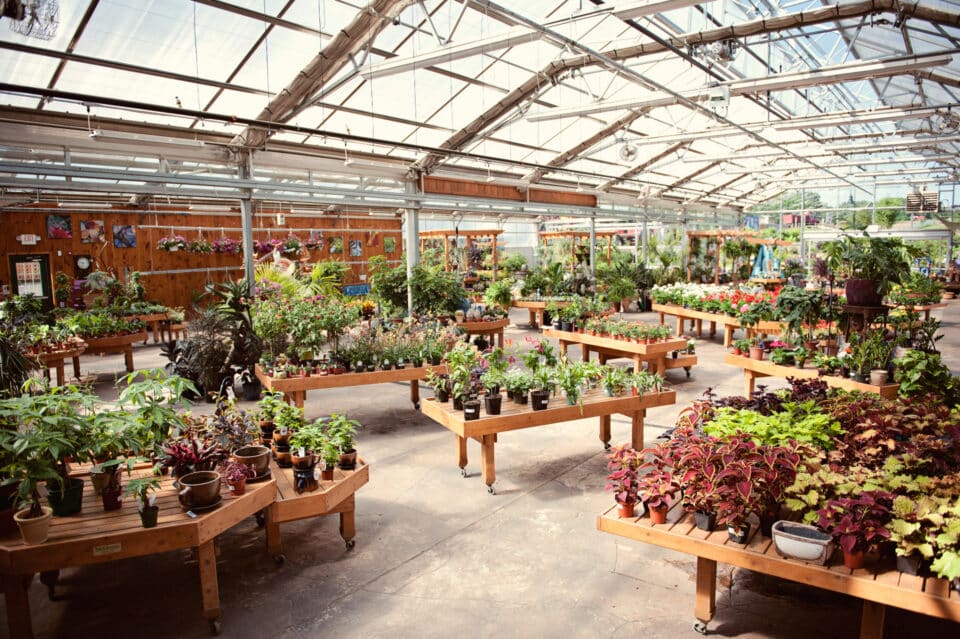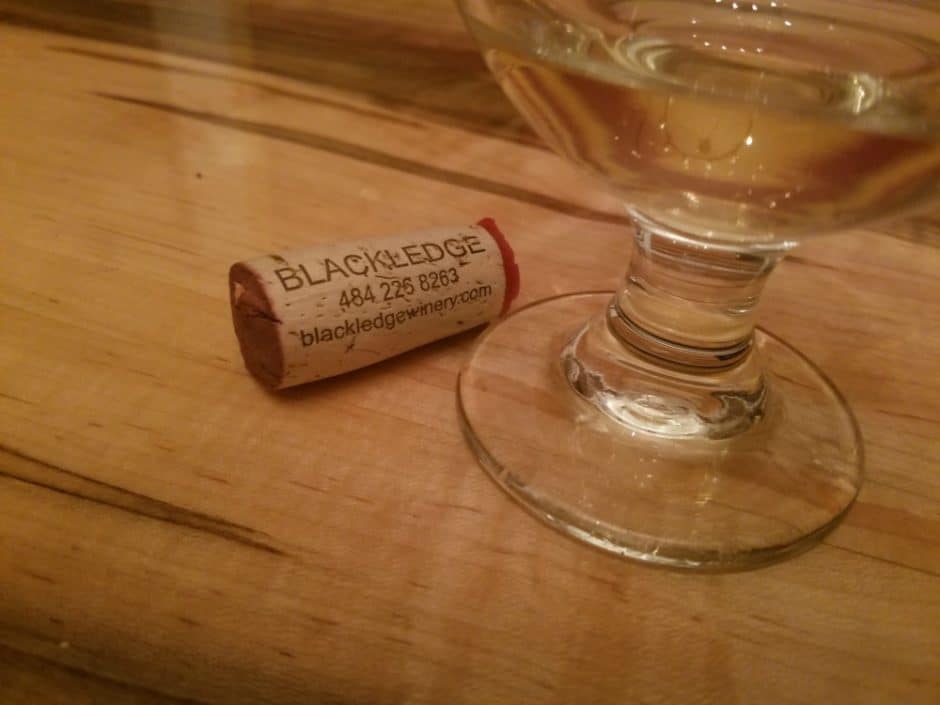
Combine history and alcohol and you have the very essence of Blackledge Winery, where owners Damian and Amy Siekonic research and produce historical wines and ciders.
Based out of Center Valley, Blackledge came to fruition three years ago yet just started producing its wines, ciders, meads and cysers at the beginning of 2016.
Since the Siekonics’ winery is quite a different business model, Blackledge held its first-ever tasting event in January at the Tavern at the Sun Inn in Bethlehem. Guests had the opportunity to sample some of the winery’s products—even those that aren’t for sale.
Eliza’s 28 cider and Eliza Smith’s mead are two recipes discovered from different editions of Eliza Smith’s book titled The Complete Housewife, published in the early 1700s.
The first cider, made with heirloom cider apples grown in Lehigh County, is unfiltered. It has no added sugar or sulfites and is gluten-free. The taste is smooth and clean, with no strong smell or overpowering apple flavor.
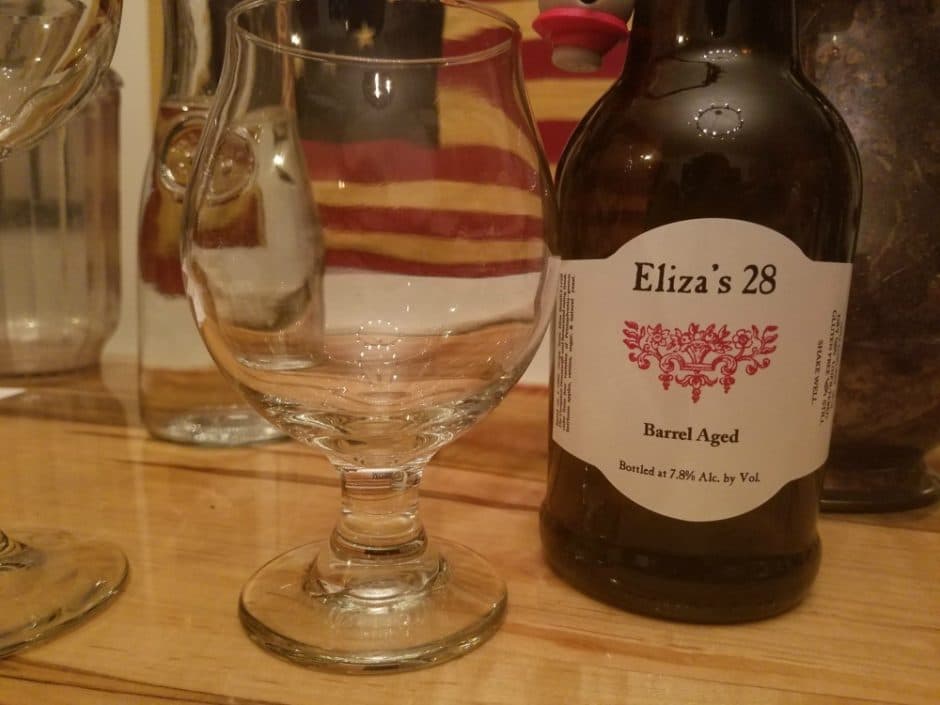
The mead is a bit different, created from wildflower honey, spices and lemons that are fermented with ale yeast. Siekonic uses a process called “cold crashing” in which the mixture is put in the cold to stop fermentation. This allows everything to settle and brings the best flavors to the top.
The mead’s spices and lemon zest are easily noticeable for an inviting aroma. Once tasted, the honey and nutmeg tease your tongue with a sweet finish. Every ingredient is combined perfectly in Eliza Smith’s Mead, ultimately creating a superbly clean beverage.
So how does Siekonic come across these recipes?
As the owner of Privateer Media, Siekonic is a filmmaker who creates historical projects for major television networks. Throughout his research, he and his fellow historians find themselves curious about what people were drinking in past times and if anything like it is available today.
“It was time to find out for myself what these old recipes that we found really tasted like,” Siekonic said.
With his 20 years of experience in winemaking, Blackledge Winery was the perfect project addition.
Without the pressure to make money to survive like many other wineries, Siekonic has the opportunity to test a great variety of historical recipes and to really put his faith in the process.
“We go wherever our research takes us,” Siekonic said.
Another cider that includes a few spices is Penn’s 74. It’s a recipe from William Penn’s 1674 family recipe book that calls for heirloom cider apples, spices such as nutmeg and cinnamon, raisins and the apples’ natural yeast.
This creation is unfiltered and gluten-free with no added sugar or sulfites. Penn’s 74 has a dry taste, yet extreme depth from its spices. It has a much stronger smell than Eliza’s 28 Cider and tastes a bit richer, leaving a trace of nutmeg on your tongue.
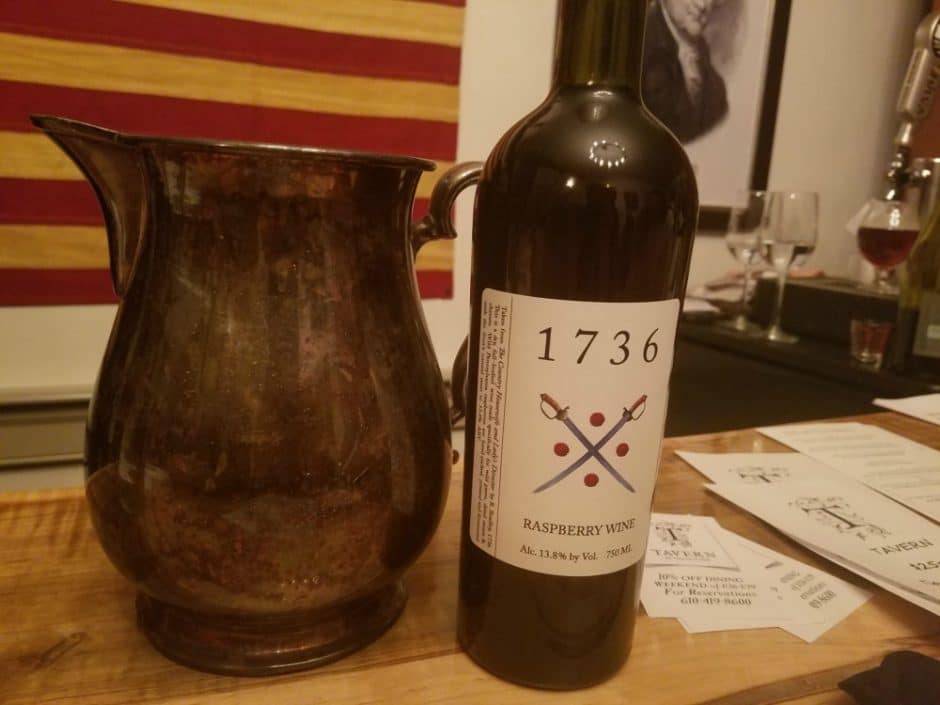
A hidden gem in the tasting event was the 1736 raspberry wine. Made with wild black and red raspberries from Lehigh County that are hand-picked and fermented with their natural yeast, the recipe was found in Richard Bradley’s 1736 edition of The Country Housewife and Lady’s Director.
This wine was bulk-aged for two years before bottling, but the ratio of black raspberries to red raspberries took a number of years of experimentation before the perfect blend came about. It is now 40% black raspberries and 60% red raspberries.
Its rich, deep red color foreshadows its full-bodied taste. The wine has a sharp, clean flavor and doesn’t have a sweet smell. The only sugars added to 1736 are at the beginning of the process so the yeast has something to eat. This sugar is converted into alcohol, bringing the wine to a 13.8% ABV.
Another Blackledge re-creation is Holt’s 95 cyser. The recipe was taken from John Holt’s contribution to the 1795 government agricultural survey of Lancaster county in England.
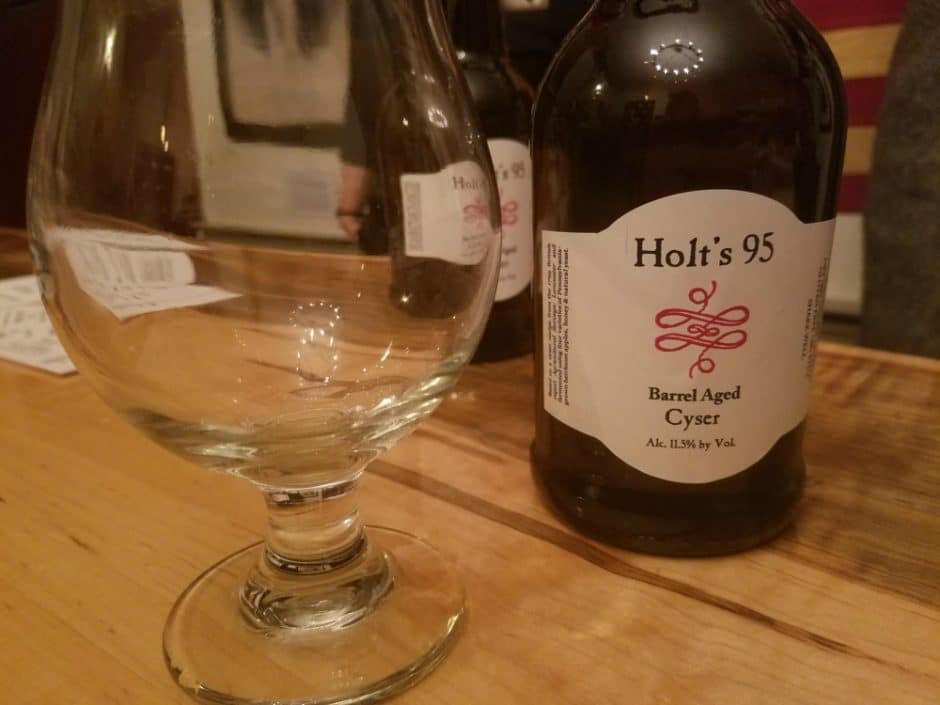
It’s called cyser, not cider, because honey is added to cider for fermentation. Holt’s 95 ingredients include wildflower honey and heirloom cider apples that are barrel-aged in an apple brandy cask to produce the finished product.
The honey balances the apples’ acidity and gives it a light and sweet aroma. Its taste is smooth, giving way to the perfect blend of elements.
These five ciders and wines are just a few examples of what Blackledge Winery has to offer. Although its inventory may vary, its historical way of re-creating old recipes holds true. Customers can always expect a clean taste with no added sugars or preservatives.
Blackledge Winery is not open to the public, but bottles of its creations are available for purchase on its website. Learn more online and on Facebook, or call (610) 972-9981.
- Photos: Davin Jurgensen
